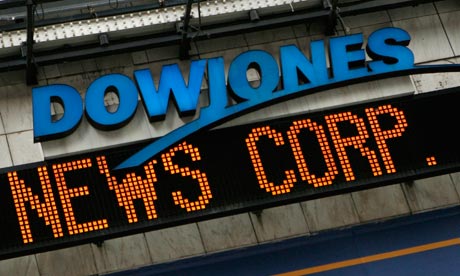Key (probable) issues:
- Future of BBC, funding, downsizing?; form of BBC regulation (scrap Trust?)
- Wider future of PSB requirements
- Future/role of OfCom
- Watershed in digital era
- Extending ratings system to music video and other media content
- Press regulation, Leveson response, IPSO
- Privacy laws, protection of journalists' right to privacy
- Film industry state funding
- Pluralism, (concentration of) ownership, cross-media ownership limits
I've been saving a variety of links, but the Media Guardian has come to my rescue on this one!
Here's their helpfully pithy overview (written by Jasper Jackson):
Plans for the media industry may not be seen as a big vote winner this election, but the manifestos published over the past few days suggest that each party has a very different take on the industry.

